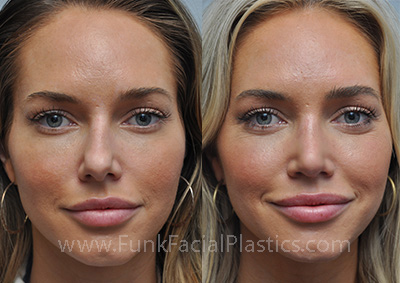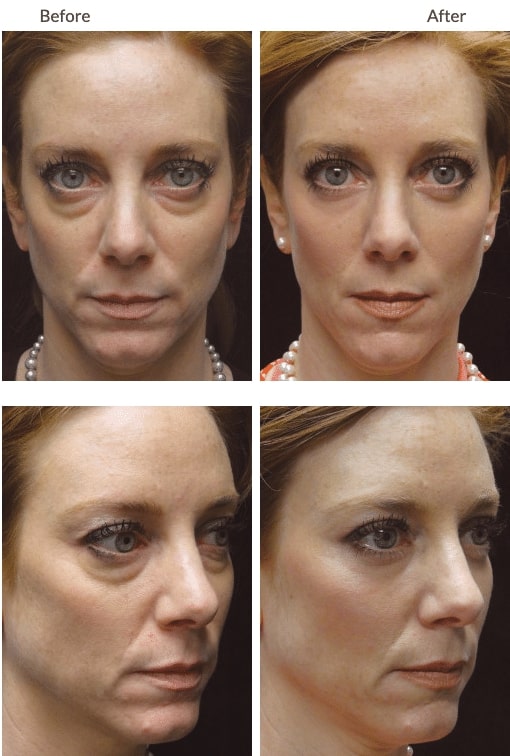
There have been millions of FDA reports on problems with medical devices. The agency allows manufacturers to submit reports about problems with their products to its employees. The reports are also available on its database, MAUDE, which is open to the public. Implant safety can be affected by many factors. A textured surface may prevent rotation. Implant complications are more likely for women who smoke. Consider breast implants if you have autoimmune conditions.
Textured surfaces prevent rotation
Although it is possible to rotate breast implants with teardrop shapes, textured surfaces are likely to prevent you from doing so. The Velcro-like effect of textured surfaces prevents the implant from rotating. Round implants will not rotate so will be less secure in the breast. Rotation of teardrop-shaped implants can pose a minor risk but it can be problematic for aesthetic reasons.

Avoiding autoimmune disorders
FDA has not yet concluded if silicone implants in breasts can be linked to autoimmune conditions. Breast implants may have led to arthritis-like symptoms in some doctors. Although the FDA is not able to prove a direct link between breast implants, and autoimmune diseases, there is growing evidence. A recent study by the World Health Organization revealed a link between breast implants, rare cancers, and breast implants.
Irreversibility of surgery
Breast implant surgery cannot be reversed, unlike cosmetic procedures like tummy tuck or rhinoplasty. Once the implants are in place, the shape of your breast will never return to its original shape. Implanted breast tissue can become dimpled or wrinkled. The procedure may also cause you to experience a significant amount of pain. The best way to minimize these risks is to choose a surgeon who is experienced in breast implants surgery.
Patient device cards
It is now more important than ever for patients to have information about breast implants thanks to the FDA's recent updates to their guidelines on patient device card for breast Implants. The most recent guidelines suggest that patient device card information should include details about the type of breast implant, its serial numbers, and any boxed cautions. In order to provide additional information about the product, the cards must include web links that link patients to the device label and decision list.

Screening to detect rupture
The Food and Drug Administration's (FDA) recommends periodic imaging for breast implants 2 to 3 years after surgery. Ultrasound can distinguish between normal implants and ruptured ones. Ultrasound will show normal implants as homogeneous and well-defined. The appearance of a ruptured implant can be described as a snowstorm. If you experience any of these symptoms, you should schedule an MRI to determine the extent of the rupture. This type imaging is not covered under your insurance.